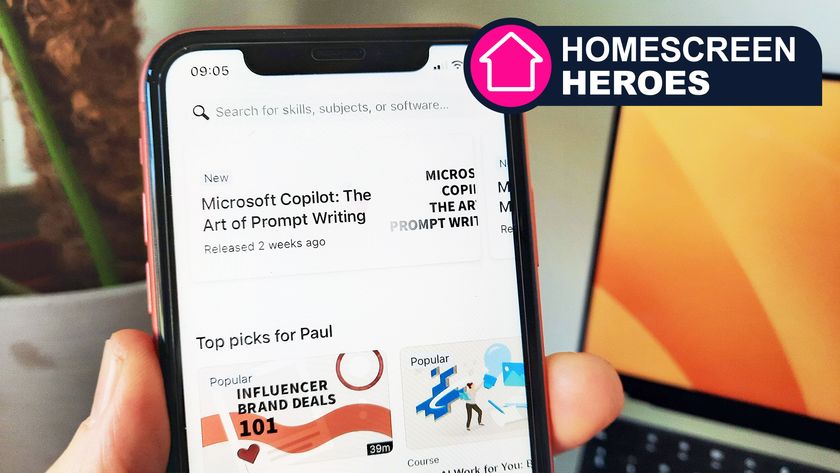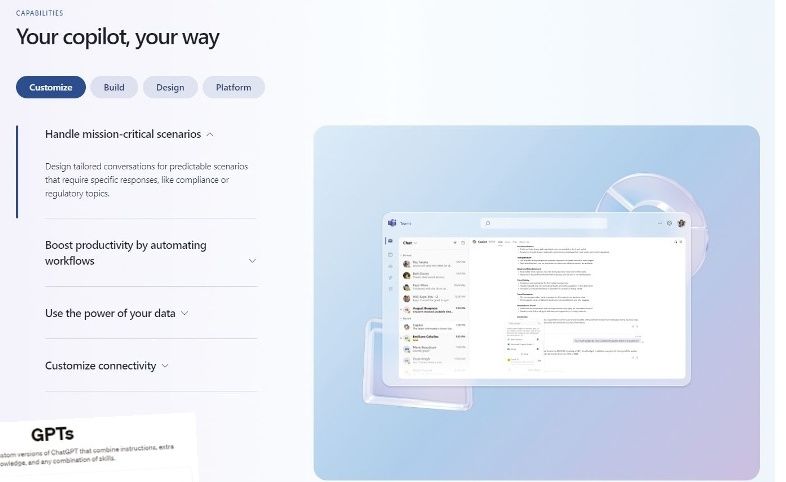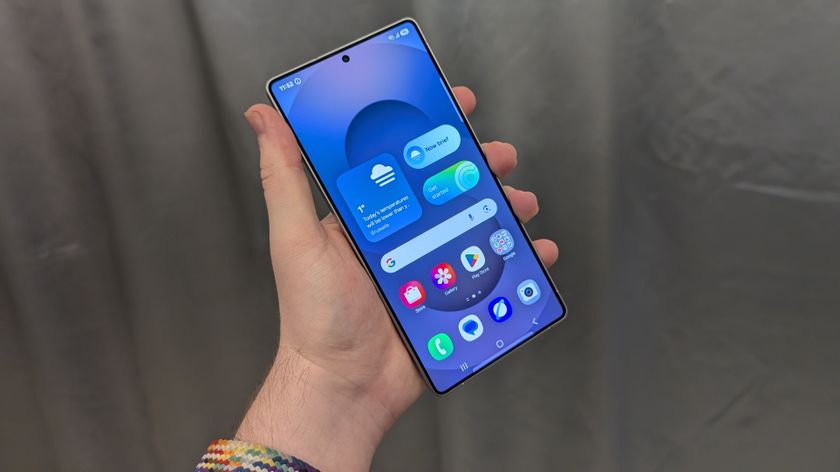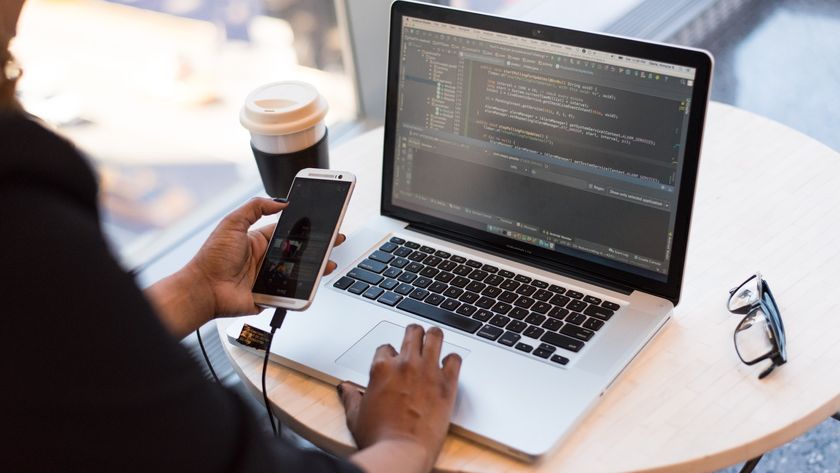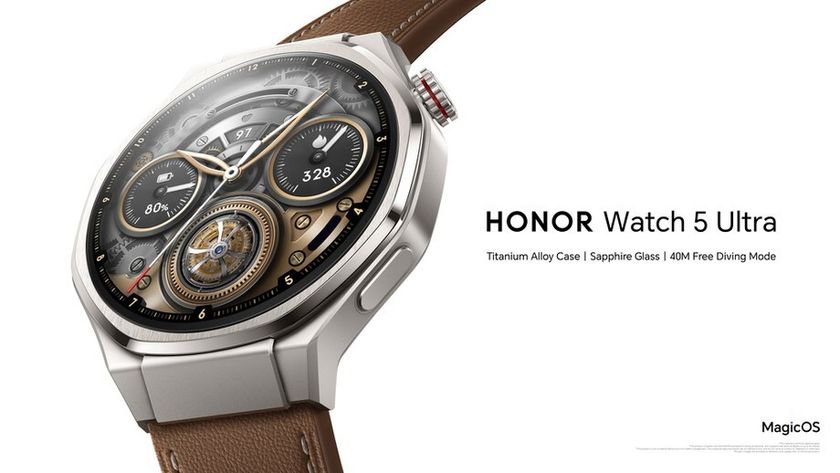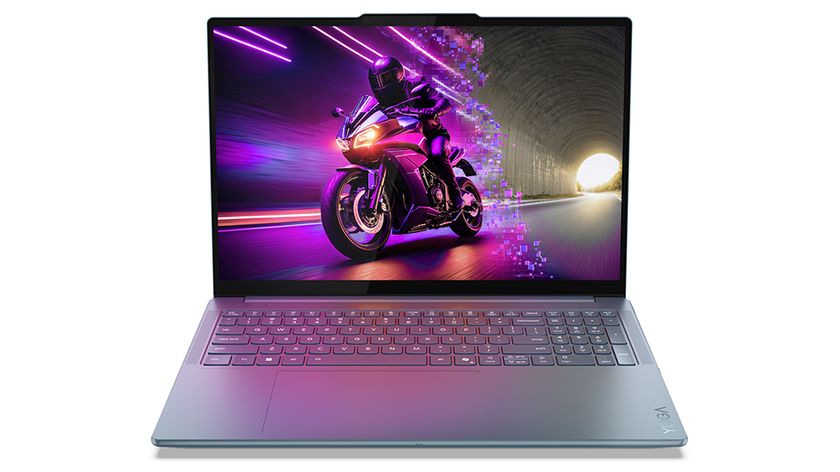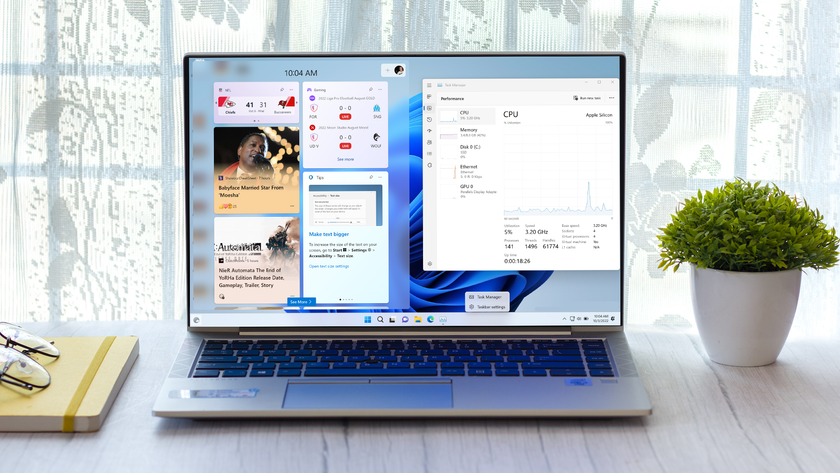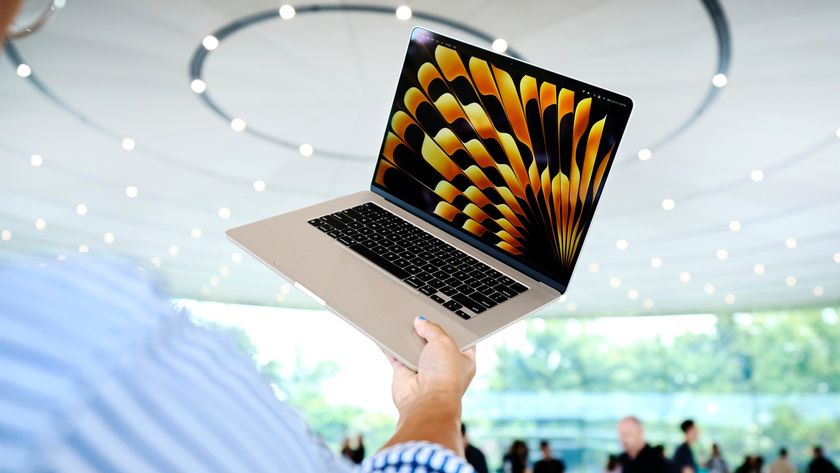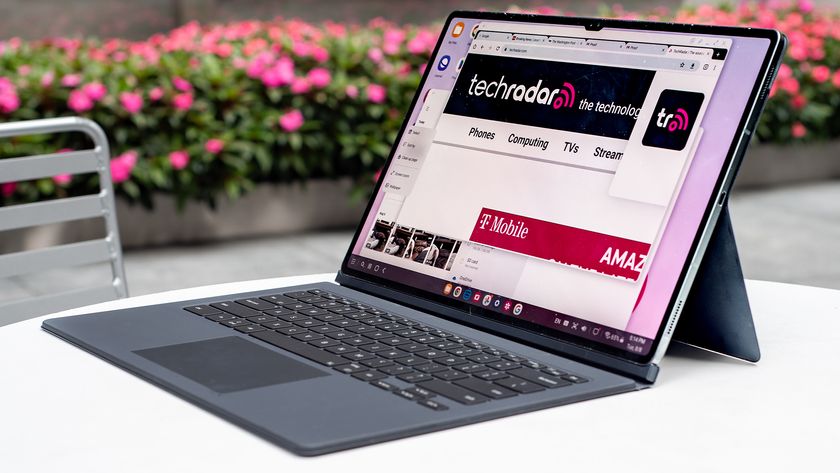Your next Android phone will come with an app to monitor your irresponsible usage
Because you don't know what's good for you
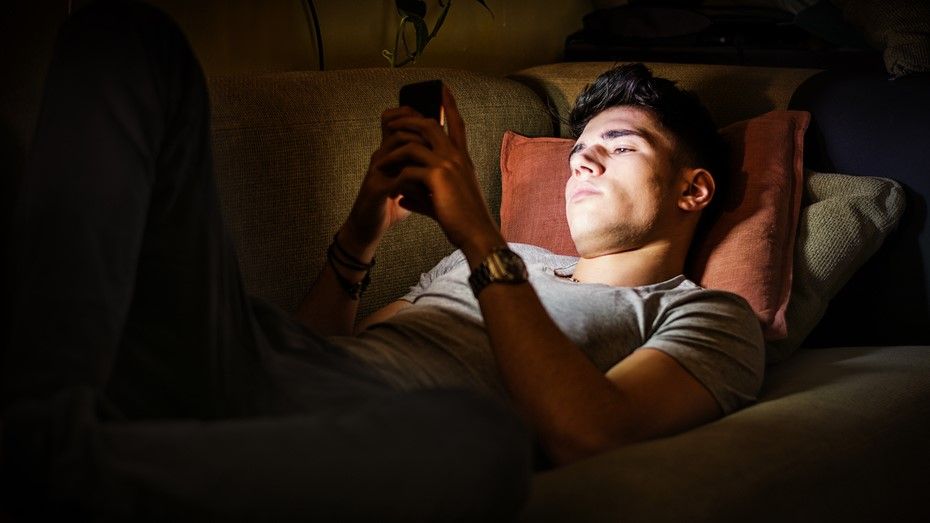
Google wants you to use your phone in a healthy way – that is, not too much. This is nothing new. But to show that it is serious, the company is making it obligatory for all of its Android partners to pre-install some form of digital wellbeing app on devices with Android Pie or Android 10 installed.
Google has its own Digital Wellbeing app complete with parental controls, and it users know a great deal about how they use their smartphones. It can reveal how long individual app have been used, the number of times they have been launched, and how many notifications apps have generated. For anyone seeking to detach from their phone a bit more, this is helpful info to have.
- We've rounded up the best Android apps
- On a budget? Check our our guide to the best free Android apps
- We've also played and rated the best Android games
But Digital Wellbeing is about more than just providing Android users with stats about their phone usage; it also includes some features that let you limit usage, and others that simply encourage you to put your phone down.
This will come as great news to parents who are eager to extricate their children from their phones, and is also good for anyone looking to improve their digital health.
Phone manufacturers are free to offer up an alternative digital wellbeing app; Google hasn't been foolish enough to force its own app on them. However, as detailed by 9to5 Google, in order to meet Google's requirements, any alternative app must provide information about the total amount of time the screen is on, the number of times a device is unlocked, and the number of notifications received.
You'll get square eyes...
News of the requirement was first shared by XDA Developers, which revealed that the policy came into play on September 3. A document seen by the site says that both new and existing devices with Android Pie or 10 installed "MUST have a digital wellbeing solution with parental controls at the top level of the settings app, either by integrating Google Digital Wellbeing app or developing a custom wellbeing and parental control solution that complies with the feature requirements."
Google goes on to say that "for Android products that already ship with a preloaded digital wellbeing solution and are upgrading to Android 9 or 10, the feature requirement [...] MAY be granted an exception after a review by Google".
Get daily insight, inspiration and deals in your inbox
Sign up for breaking news, reviews, opinion, top tech deals, and more.
It is likely that most partners will simply default to using Google own tools as it offers numerous extra features such as website timers, screen time goals, and focus mode. The fact that there is flexibility to use a custom solution will be welcomed by some manufacturers.

Sofia is a tech journalist who's been writing about software, hardware and the web for nearly 25 years – but still looks as youthful as ever! After years writing for magazines, her life moved online and remains fueled by technology, music and nature.
Having written for websites and magazines since 2000, producing a wide range of reviews, guides, tutorials, brochures, newsletters and more, she continues to write for diverse audiences, from computing newbies to advanced users and business clients. Always willing to try something new, she loves sharing new discoveries with others.
Sofia lives and breathes Windows, Android, iOS, macOS and just about anything with a power button, but her particular areas of interest include security, tweaking and privacy. Her other loves include walking, music, her two Malamutes and, of course, her wife and daughter.
